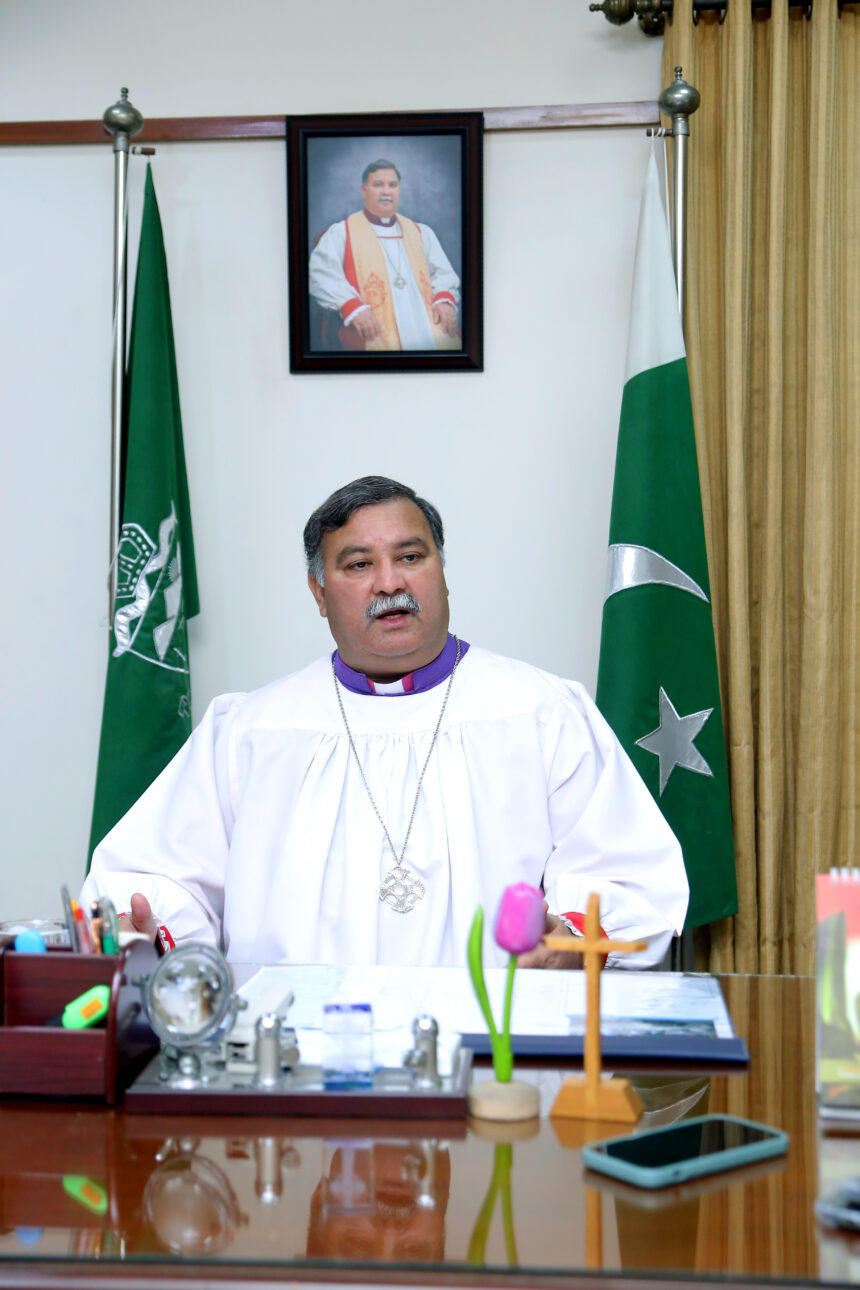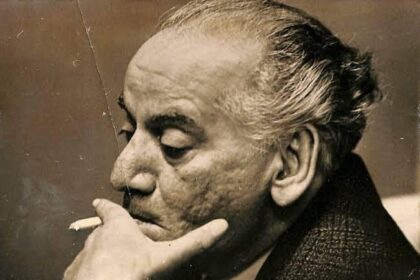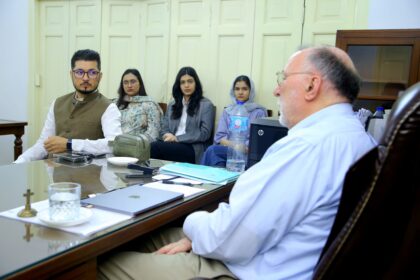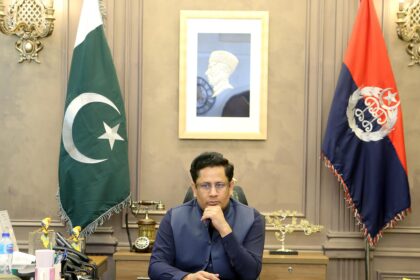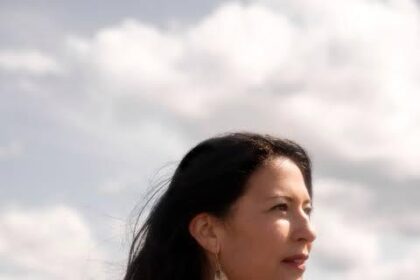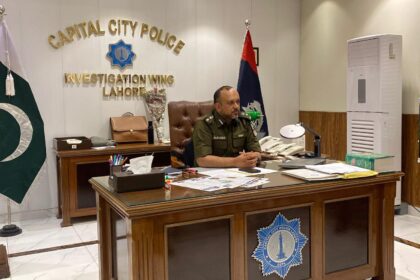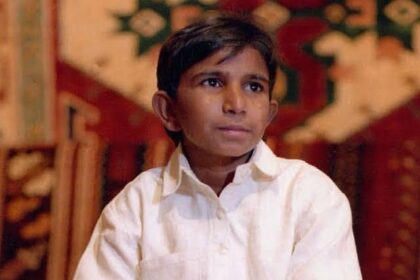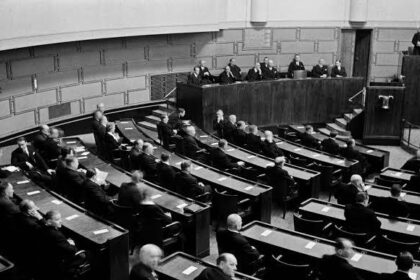Jarida Today: Bishop Kamran, thank you for speaking with us. To begin, could you explain what your role entails as Bishop of Lahore?
Bishop Kamran: Thank you for having me. As Bishop, I serve the ecclesiastical responsibilities of the Lahore Diocese, which stretches from Sahiwal to Islamabad, including Rawalpindi and Murree. We have around 80 churches and 40 catechists working across these areas.
The diocese is a mix of urban and rural communities, each with its own challenges. With God’s help, we aim to uplift our people—spiritually, socially, and educationally. I stay in regular contact with our congregations and clergy, ensuring we address their concerns and serve them as best we can.
JT: Education seems to be a major focus of your work. Could you tell us more about the Church’s educational contributions?
BK: Yes, education is central to our mission. In Lahore, we operate several schools—Cathedral Schools 1 through 4. In Islamabad, we have St Andrew’s Church School. Our educational network also includes schools in Sahiwal, Okara, Clarkabad, Narowal, and Rawalpindi—like Station School—and even one in Murree, called St Danny’s.
Across these institutions, we serve around 13,000 students. Roughly 51% are Christian and 49% are Muslim. We offer scholarships worth around 6 to 6.5 million rupees annually, distributed without discrimination.
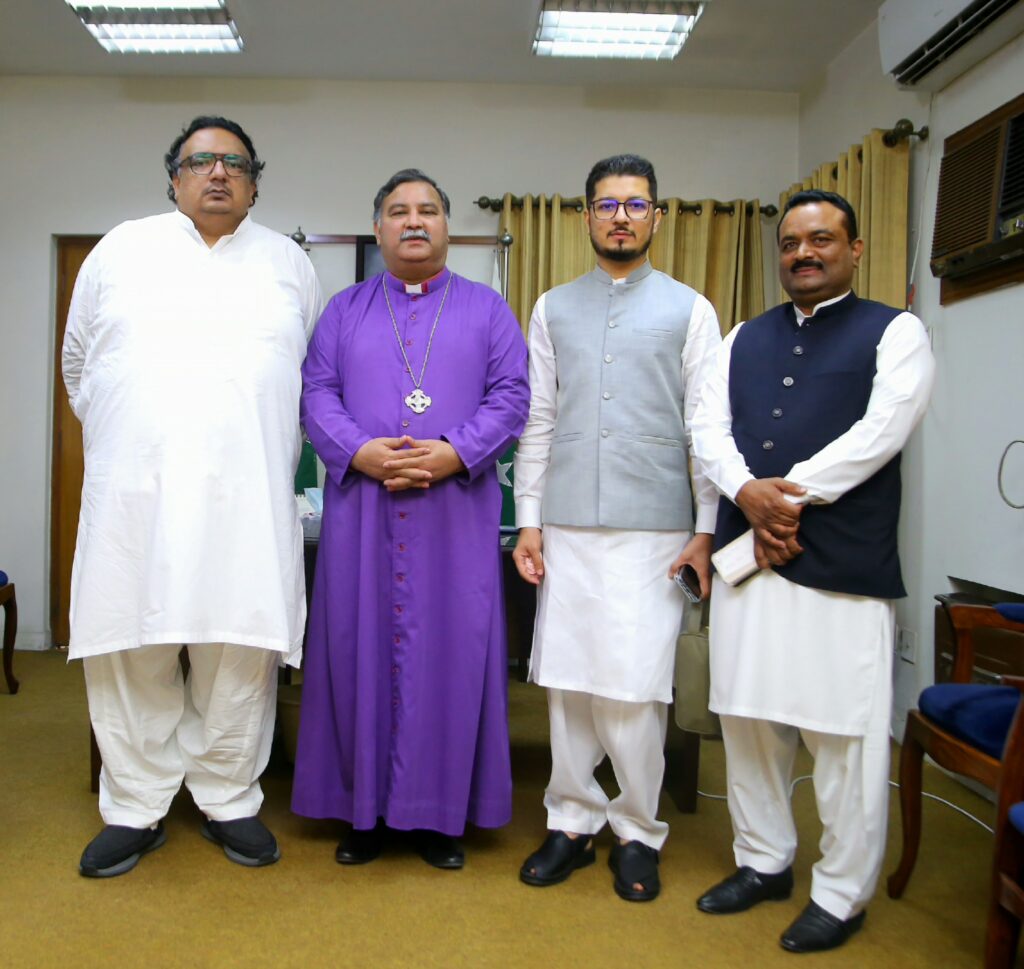
JT: What would you say are the major challenges facing your community today?
BK: First and foremost—education. Any community that lags behind in education is automatically disadvantaged. Then there is poverty. Poverty leads to vulnerability and can push people into unhealthy lifestyles or even informal labour that resembles modern-day slavery.
Health is another concern. Without money, proper treatment becomes out of reach. We try to help through free medical camps and clinics—especially in Islamabad, where we’ve established two. Although we don’t run a hospital yet, healthcare remains one of our priorities.
JT: Would you say economic marginalisation contributes to the discrimination Christians face in Pakistan?
BK: Absolutely. Poverty affects everyone, but minorities suffer doubly—once from the poverty itself and again from the discrimination that poverty reinforces. This class divide becomes a religious divide too. It’s unfortunate.
JT: How does the Church work to economically empower the Christian community?
BK: We encourage entrepreneurship. Our priests often advise people: if you can’t find a job, start a small business. And indeed, over the past two decades, many Christians have become small-scale entrepreneurs.
But there are limitations. Certain industries – like the food business – still pose social challenges for Christians in Pakistan. Nonetheless, we keep encouraging education, especially since Christians now have a 5% quota in government services, including the CSS exams. We guide and support our youth, offer scholarships, and help them apply.
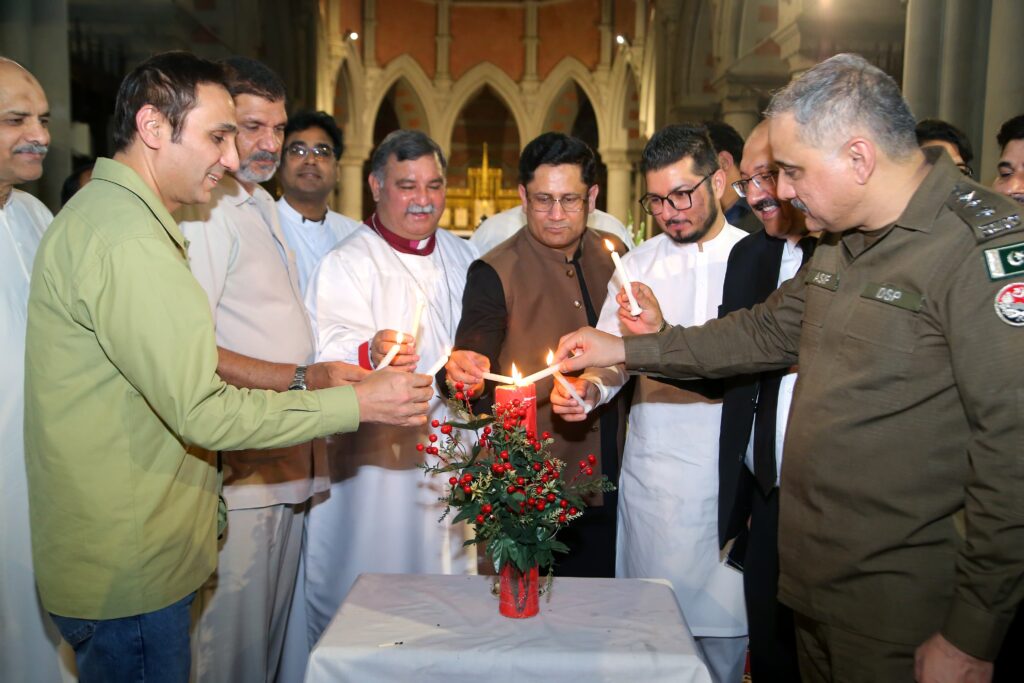
JT: Are there any loan or microfinance schemes in place to support these initiatives?
BK: Yes. Years ago, the diocese provided small loans to help people start businesses. We’ve also distributed green rickshaws to support livelihoods. More recently, we’ve begun planning a microfinance programme.
One of our parishes in Lahore—St Mary’s Monastery in Cantt—already gives out interest-free loans of Rs. 50,000. Many have benefited and returned the money in easy instalments.
JT: And what about women? Are there specific programmes for their empowerment?
BK: We have an entire ministry dedicated to women’s empowerment. It focuses on education, health, hygiene, and vocational training. For the past two years, we’ve offered beautician courses in Narowal, sewing workshops, and basic IT training. Although some have paused recently, these were ongoing efforts.
We also run awareness sessions on maternal health and hygiene. Last year, we held antenatal camps in Tolwala every three months, supported by both local and foreign nurses. We try to ensure that even pregnant women in remote areas have access to some level of care.
JT: Let’s talk about legal support. The misuse of the blasphemy law is a recurring concern. What does the Church do when members of the Christian community face such accusations?
BK: The Church always stands up against injustice. Whether the victim is Christian, Muslim, Hindu, or Sikh, we raise our voice. Blasphemy accusations are now used even within the Muslim community—it has become a tool of oppression, not just against minorities.
I have made this suggestion before: when someone is accused, both the accuser and the accused should be detained until a verdict is reached. If the accusation is false, the accuser should be punished. Right now, the accused often spend 10 or even 20 years in prison while the accuser walks free.
JT: That’s a powerful proposition. But when someone is accused, they need legal aid and protection from mob violence. Does the Church offer legal assistance?
BK: Honestly, the Church does not yet have an institutional legal aid wing. However, individuals and NGOs from within the Christian community do support such cases. We rely on these alliances, and I believe if we could all coordinate under one platform, we could provide much stronger and swifter responses.
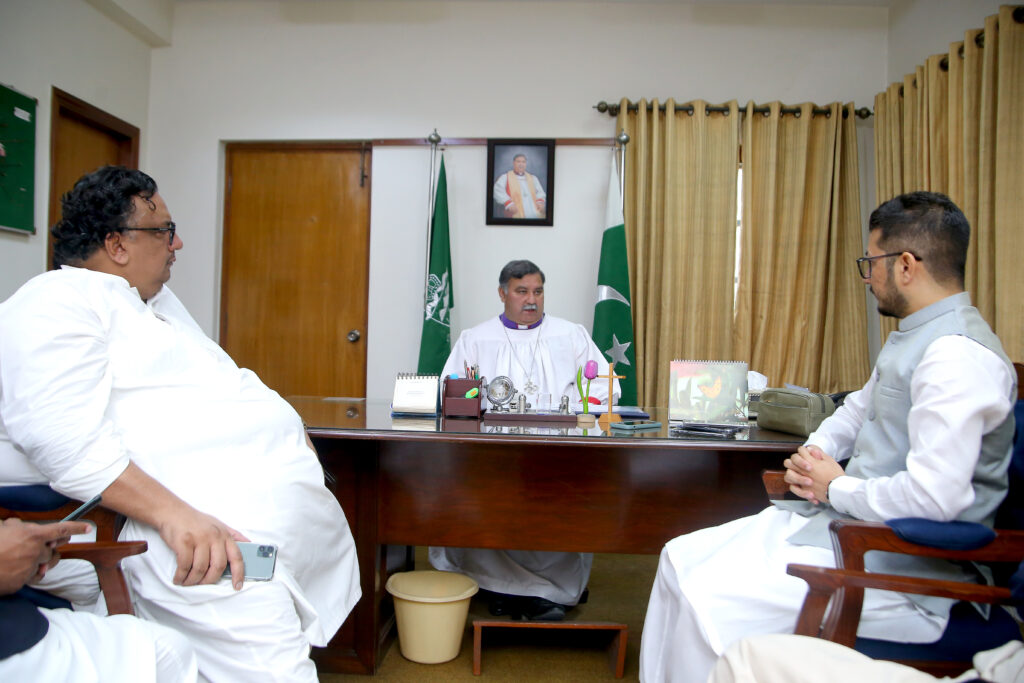
JT: Historically, the Bishop of Lahore was one of the most influential figures in the subcontinent. What changed?
BK: You’re right. During the British era, the bishop, the governor, and the metropolitan often made key decisions together. But that was a different time. Today, Pakistan is our own country, and while the diocese retains a respected legacy, we have been weakened by internal disputes—property conflicts, court cases, and leadership struggles. Nations only progress when they are united, and unfortunately, we often find ourselves divided.
JT: How is the Church funded, particularly in terms of running schools, maintaining staff, and managing spiritual activities?
BK: The Diocese of Lahore is self-sustaining. Most revenue comes from our schools, which charge modest fees—around Rs 4,750 per month in Lahore. This is much lower than most private schools, which can charge Rs. 15,000 to Rs. 90,000. As a result, we struggle to match their infrastructure and salaries, especially with government-imposed limits on annual fee increases.
Churches manage their own expenses through Sunday offerings, monthly pledges, and fundraising. We follow strict financial procedures. Every church has a parish council—usually 12 to 14 members—elected every three years. No priest can withdraw funds without dual authorisation. Our audits are conducted by recognised external firms to ensure transparency.
JT: How do you keep the youth engaged spiritually, beyond school?
BK: We have a youth coordinator who contacts priests across the diocese to organise events and motivate participation. We host annual camps—like the one in Murree, which brings together around 180–190 young people—and regular seminars, sports activities, and consultations. We also reach out to youth during family visits and through schools.
However, there are challenges. Some young people work night shifts in call centres and can’t attend Sunday services. Others struggle with transport. We try to accommodate them by creating more dynamic and engaging youth programmes.
JT: Christian schools have long been known for excellence. Are there plans to expand beyond school-level education?
BK: We’ve made significant strides in recent years. Previously, we had just one Cambridge O-Level school. Now we have six. We’ve recently launched Cathedral Premier School, with renovated, air-conditioned classrooms and updated resources.
However, we haven’t yet reached the level of establishing colleges or universities. It’s a goal, but financial constraints make it difficult. That said, the spirit of the mission remains strong. We continue to offer quality education at affordable rates.
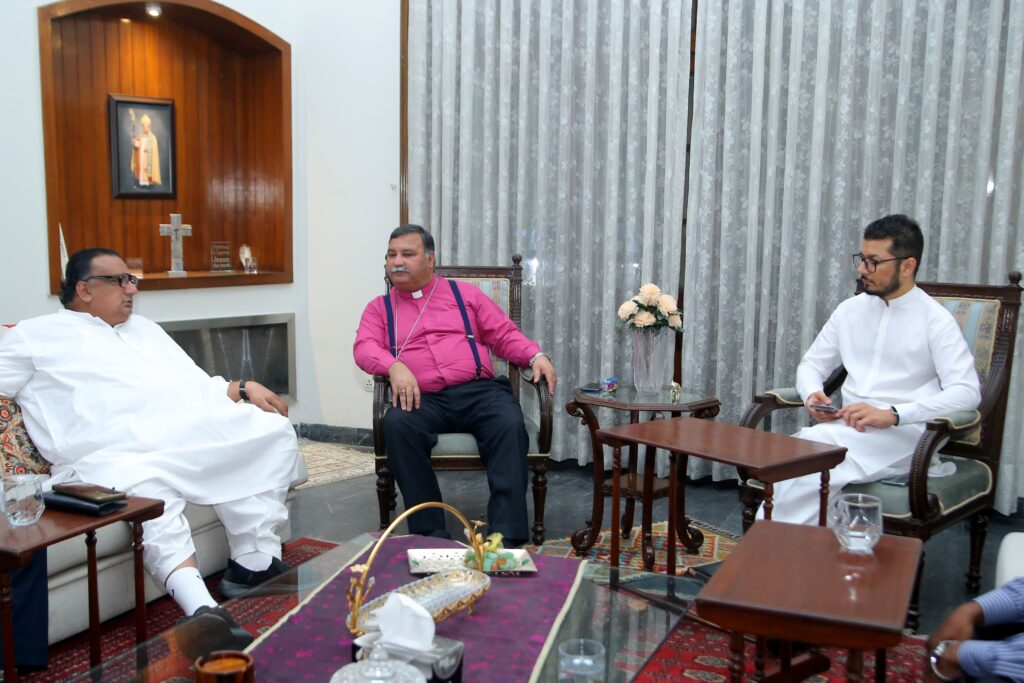
JT: Have you considered launching a nursing college, given the Church’s legacy in healing and service?
BK: It’s a need of the hour. Christian girls are often involved in caregiving, yet we lack structured nursing institutions. We are hopeful that, through partnerships or with government support, we may establish one. Such an institute would be open to girls of all faiths and would address a real gap in the healthcare sector.
JT: Some say the Christian community lacks the alumni engagement seen in other minority groups. Why is that?
BK: That’s a valid concern. Other communities—like the Aga Khanis—support their youth and maintain strong alumni networks. In our case, many students receive scholarships, succeed, and then disconnect. Institutions like FC College thrive because of active alumni contributions. We haven’t cultivated that culture yet, but we must.
JT: With such a strong legacy, could the Church do more to raise funds through interfaith support?
BK: Absolutely. The name of cathedral schools alone carries weight. Muslim, Hindu, Christian, and Parsi families have benefited from our institutions. If we built a unified platform around this legacy, I believe people across communities would contribute generously. But to do that, we must overcome our internal fragmentation and work together.
JT: What do you feel the Church’s role should be today—both practically and spiritually?
BK: I believe the Church must take a holistic approach. Jesus Christ didn’t just preach—he healed, fed, and uplifted. Likewise, the Church must serve every dimension of human life. As a bishop, I see the Church as a large umbrella under which we must unite the community and work across sectors—education, health, legal aid, and spiritual formation.
JT: Could interfaith volunteerism—such as involving Muslim Cambridge students in outreach—build more understanding and social acceptance?
BK: That’s a beautiful idea. Often, we remain isolated, even unintentionally. Involving Muslim youth in community service would encourage mutual respect and dismantle prejudice. We’ve already formed a peace and harmony wing, which has seen success. But we must also move beyond urban seminars—into remote areas and across professions: factory workers, schoolteachers, judges, and community leaders. If they understand that both the Bible and the Quran preach love, not division, that understanding can reshape society.
JT: Bishop Kamran, thank you for your honesty, clarity, and leadership. We hope to continue this conversation again soon.
BK: Thank you. You’re most welcome anytime. I’d love to sit down again—perhaps with others from our diocese as well—to keep the dialogue going.






